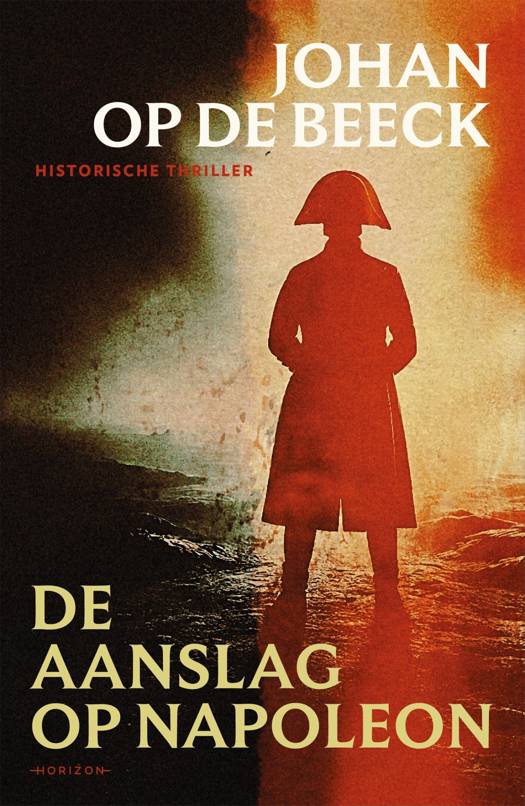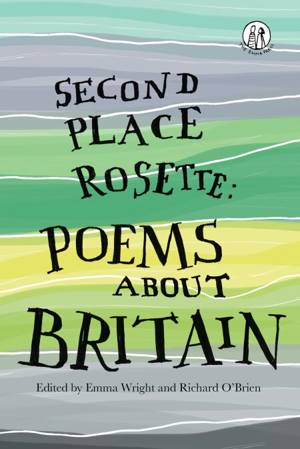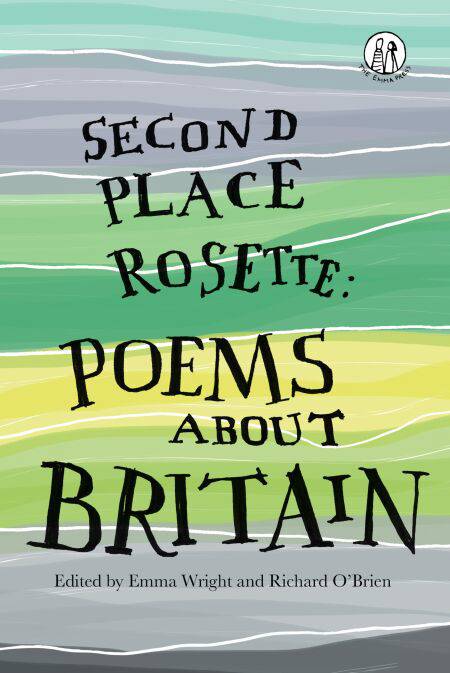
- Afhalen na 1 uur in een winkel met voorraad
- Gratis thuislevering in België vanaf € 30
- Ruim aanbod met 7 miljoen producten
- Afhalen na 1 uur in een winkel met voorraad
- Gratis thuislevering in België vanaf € 30
- Ruim aanbod met 7 miljoen producten
Zoeken
€ 7,49
+ 7 punten
Omschrijving
Second Place Rosette is a calendar of the customs, rituals and practices that make up life in modern Britain. The poems take in maypole dancing, mehndi painting, and medical prescriptions. Some events, like the Jewish Sabbath, happen every week; some, like the putting away of Christmas decorations, thankfully come only once a year. The subjects range from the universal to the personal: every family might have its own ritual, and each culture its own important figures to remember and commemorate. In the introduction, co-editor Emma Wright notes how, as the daughter of a refugee, she felt 'deeply disturbed by current discourse about Britishness and how it seems impossible to separate talk of national identity and pride from talk of exclusion and isolation.' Against that divisive rhetoric, Wright and co-editor Richard O'Brien have assembled a refreshingly inclusive take on national identity. Poets from different cultural backgrounds speak to their sense of what Britain means through their own daily lived experience, through what they care about on a grass-roots level. The nation which emerges from the poems is a patchwork quilt of betting tips and TV dinners, nights out on Bold Street and strolls in the park. While the years pass, the seasons cycle, and the people who make up the country change, these poets reveal how much stays the same. In Britain, there will always be a man running late who really should have been allowed to get the bus, and a warm spot by the fire in a pub in December. Much of the book displays an ambivalence towards the land and its rituals, but there is also love, affection and pride. Mixed feelings: what could be more British than that?
Specificaties
Betrokkenen
- Illustrator(s):
- Uitgeverij:
Inhoud
- Aantal bladzijden:
- 102
- Taal:
- Engels
- Reeks:
Eigenschappen
- Productcode (EAN):
- 9781912915033
- Verschijningsdatum:
- 3/11/2018
- Uitvoering:
- E-book
- Formaat:
- ePub

Alleen bij Standaard Boekhandel
+ 7 punten op je klantenkaart van Standaard Boekhandel
Beoordelingen
We publiceren alleen reviews die voldoen aan de voorwaarden voor reviews. Bekijk onze voorwaarden voor reviews.










